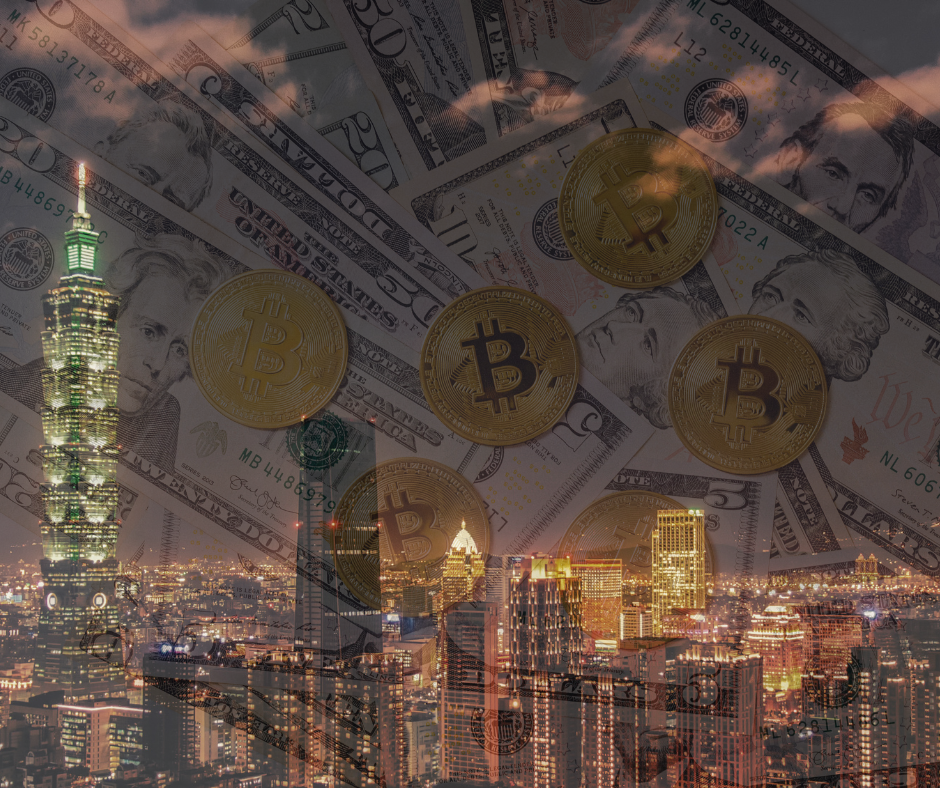Asia Retains Title as Most Expensive Region to Live in, Singapore Tops the List
- Flexi Group
- Jun 21, 2023
- 3 min read
According to the latest Global Wealth and Lifestyle report by Julius Baer, Asia remains the most expensive region to live in, with Singapore claiming the top spot, followed by Shanghai and Hong Kong.

The report examines a basket of 12 consumer goods and eight services that reflect the spending patterns of high-net-worth individuals (HNWIs). Over the past 12 months, prices for all goods and services have increased by an average of 13% in local currencies and 6% in US dollar terms.
Mark Matthews, the head of research for Asia-Pacific at Julius Baer, noted that Hong Kong and Singapore have long been regarded as livable, stable, and cosmopolitan cities. He also highlighted the efforts made by both cities to attract affluent individuals. Matthews stated, "[In Singapore] financial regulation and government policy to attract HNWIs are clearly paying off with a doubling of family offices by the end of 2022 compared to the previous year."
For the first time, Singapore has surpassed other cities to claim the highest-ranking position in the lifestyle index, rising from fifth place. Shanghai, the previous year's leader, followed closely, with Hong Kong ranking third. The survey reaffirms Asia's position as the most expensive region to live well for the fourth consecutive year. It also reveals that high-net-worth individuals are increasingly prioritizing the preservation of their health and wealth, particularly focusing on family health, nutrition improvement, recuperation time, and fitness.
The report highlights a rise in spending on hospitality, including gourmet meals and five-star hotels, across all surveyed regions, with the Asia-Pacific region showing a significant increase in fine dining and hotel expenditures compared to the previous year. In Hong Kong, prices for goods and services have seen an average increase of approximately 13% in local currency. Hotel suite prices have soared by 102%, fine dining costs have jumped by 45%, and car prices have risen by 30% year-on-year. Despite a 2% decrease in the cost of residential property, housing in Hong Kong remains the most expensive in Asia and second most expensive globally. Hong Kong also holds the title for the most expensive city in the world for legal services.
Shanghai, while still an expensive city, experienced the lowest increase in average prices in local currency, rising only 3%. This minimal increase can be attributed to the ongoing pandemic restrictions. Shanghai stands as the priciest city for business-class flights and degustation dinners. Singapore saw a 33% increase in the cost of fine dining and a 24% increase in premium whisky prices, both exceeding the regional average. Business class flights in Singapore were 44% more expensive on average.
Among the top 10 cities, Taipei is the only other Asian city, ranking eighth. Meanwhile, New York made a significant climb to fifth place from 11th place in the previous year due to the strengthening of the US dollar. Tokyo and Sydney, cities in developed economies, continued to drop in the rankings, while cities in developing economies such as Bangkok, Jakarta, and Mumbai showed an upward trend. Mumbai rose from 24th to 18th place in this year's lifestyle index.
The report also reveals a shift in the most affordable region to live well, with EMEA (Europe, the Middle East, and Africa) taking the lead for the first time. European cities, in particular, have dropped in the rankings, with London falling from second place to fourth.
Regarding the financial habits of high-net-worth individuals globally, the report indicates that people are investing more, possibly reflecting post-pandemic uncertainty. In APAC, 73% of respondents have increased their investments. Christian Gattiker, the head of research at Julius Baer, emphasizes the need for high investment returns in US dollar terms to preserve wealth, citing the rising prices of premium goods and services. He suggests that solid currencies, particularly assets denominated in currencies like the US dollar or Swiss Franc, can help weather economic storms and secure a healthier and wealthier future.
By fLEXI tEAM





Comments